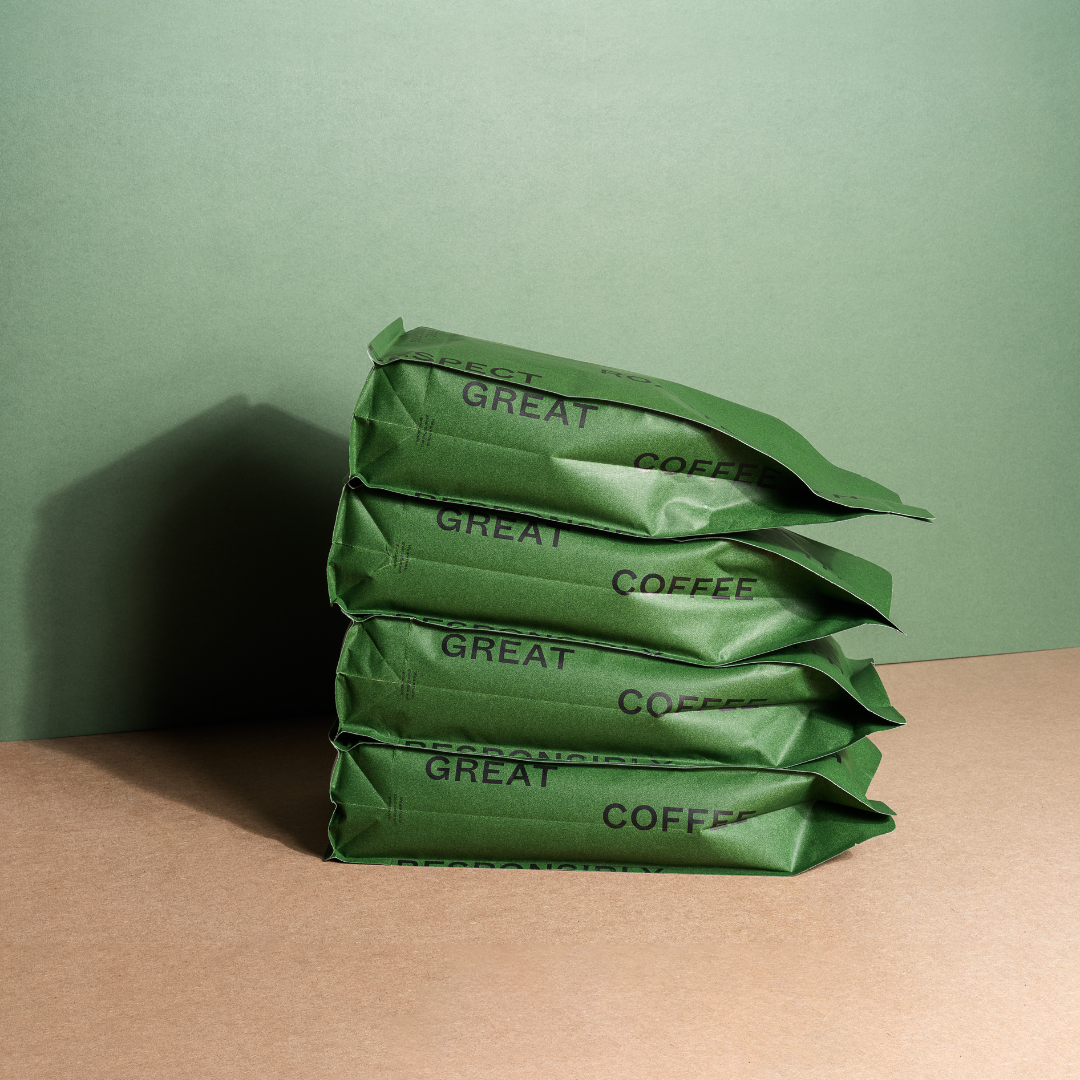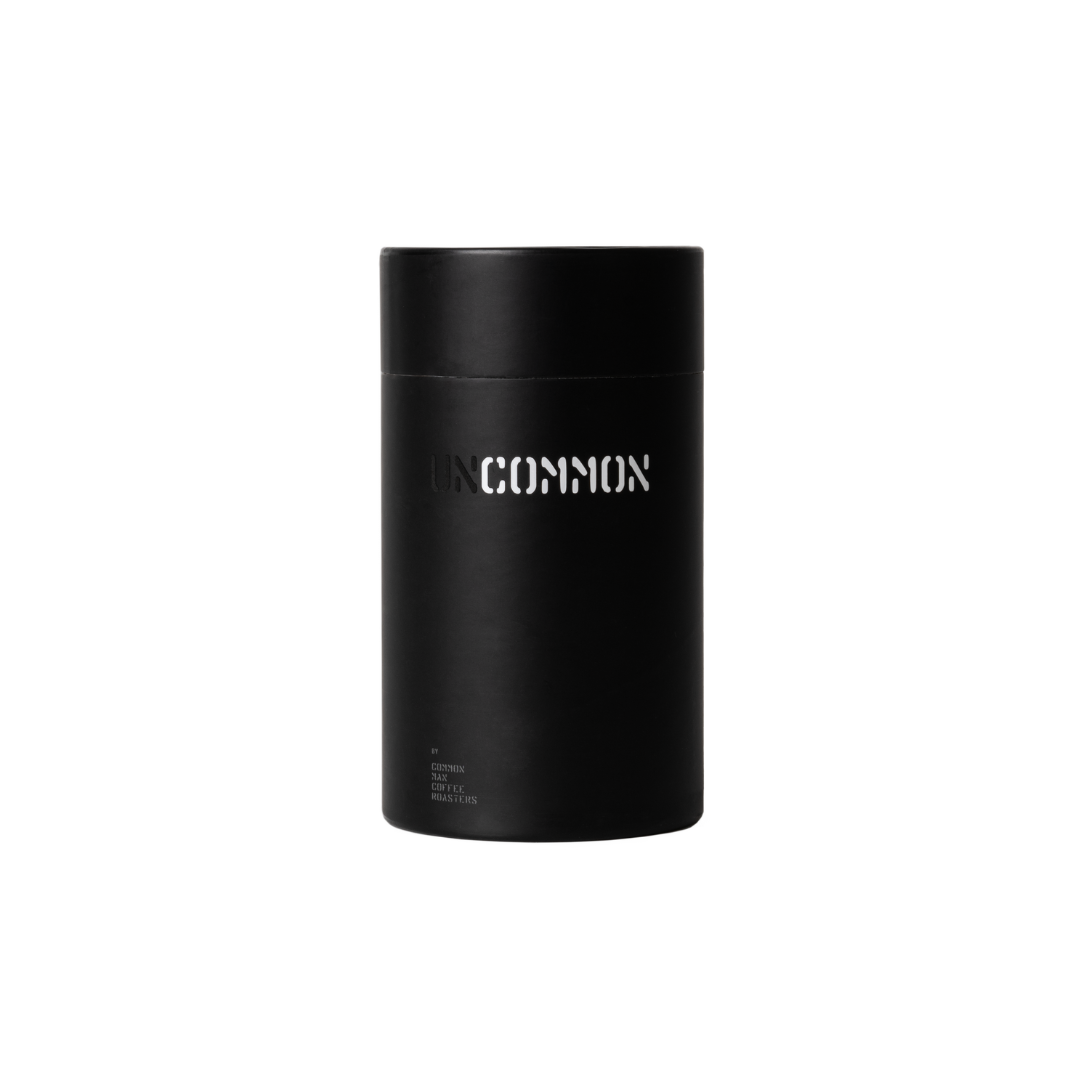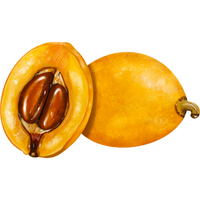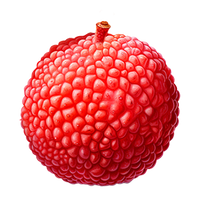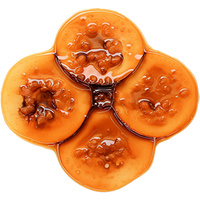Your cart is empty
UnCommon Coffee
Mae Chedi, Thailand

From our relationship with the Mae Chedi Cooperative and Beanspire, we are excited to offer this year’s harvest of the cooperative’s anaerobic natural lot. Led by Fuadi Pitsuwan and Jane Kittirattanapaiboon, Beanspire collaborates closely with the 19-member cooperative in the Mae Chedi district of Chiang Rai. This northern region of Thailand boasts diverse natural beauty, including rolling hills, towering mountains, and lush jungles. Notable landmarks like the Doi Tung mountains and the Kok River enrich the landscape, supporting an agricultural heritage of tea, coffee, rice, and fruit plantations.
Traditionally, Mae Chedi was known primarily for its tea plantations, which were the main source of income for many farmers. While coffee has always been present in the region, it was secondary to tea. Today, with the rising demand for Thai specialty coffee, a new generation of farmers is embracing coffee cultivation with a dedication that has set the nation apart as one of the fastest-developing coffee-producing countries. This marks the third year we’ve sourced from the Mae Chedi cooperative, where we continue to be impressed by the improvements from year to year.
The Chiang Mai variety in this lot is a local hybrid—a cross between SL28, Caturra, and Hibrido de Timor. This rust-resistant cultivar was developed as part of the late King’s initiative to replace opium cultivation with sustainable crops.
In the region, tea has long been fermented anaerobically, a method that limits oxygen exposure to enhance flavour through natural microbial processes. Drawing from this tradition, Mae Chedi farmers apply a similar approach to coffee processing. The cherries undergo nine days of anaerobic fermentation in sealed HDPE bags, promoting lactic acid production. This process enhances the coffee's body, sweetness, and complexity, reflecting the time-honoured methods.


The cherries are dried on raised beds after fermentation down to a moisture content that will be stable in storage, preserving the quality of the coffee. The green coffee is screened with the utmost care, passing through a destoner, huller, size grader, and density table multiple times before being hand-sorted. Additionally, the coffee is packaged in a triple-layered bag: cotton on the outside, HDPE in the middle, and GrainPro in the innermost layer. We have witnessed time and time again the willingness to adopt new practices for the sake of improving quality.
When domestic consumption often outpaces production, and only about 5% of the country’s specialty coffee regularly makes it for export, it's no wonder Thailand's coffee industry continues to flourish, reaching ever higher.
